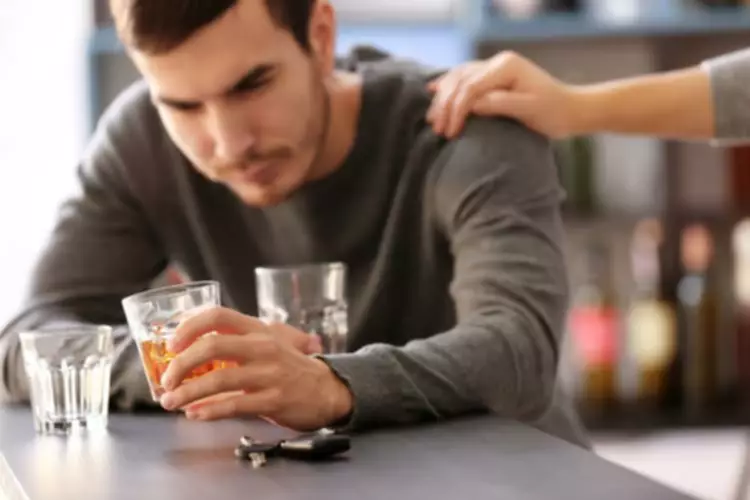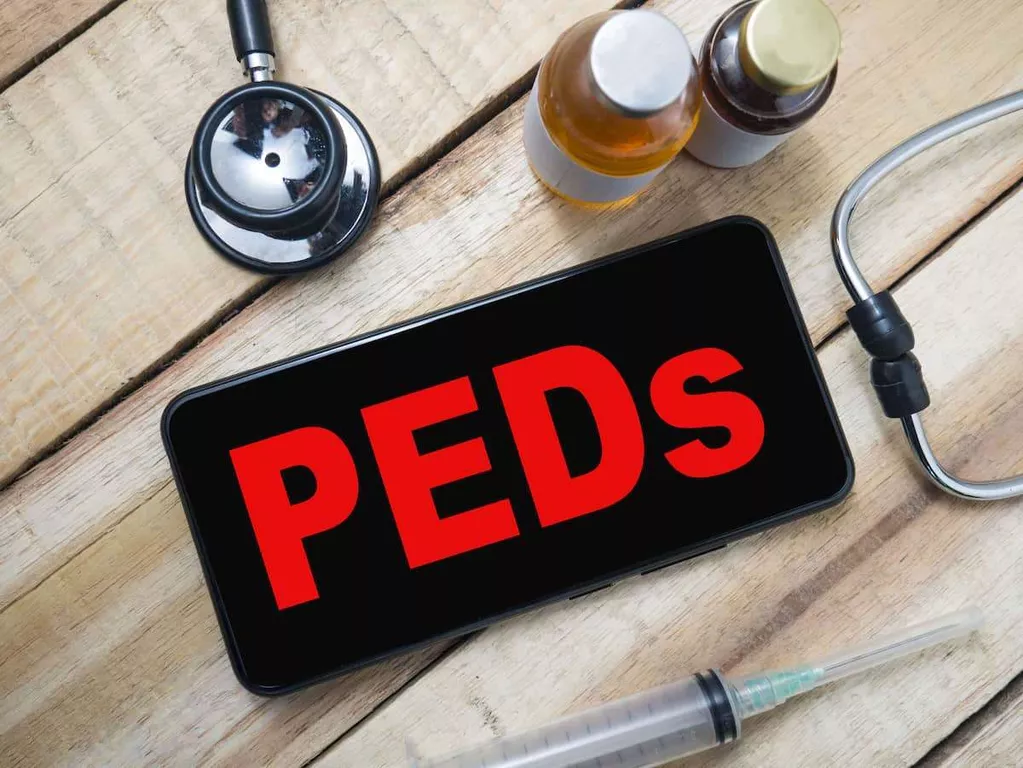
That doesn’t mean nearly half the country is addicted to drugs or alcohol – it means they’re addicted to something. Addictive behaviors can involve tobacco, alcohol, illicit drugs, food, gambling, the internet, sex, exercise, work, or shopping. It’s also common for someone to become addicted to more than one of these, because they often share the same root causes. Drug vaccines are another innovative approach aiming to generate antibodies that bind to drugs like cocaine or opioids, preventing them from crossing the blood-brain barrier and producing psychoactive effects. Although still experimental, these vaccines could offer long-term protection against relapse by diminishing the rewarding effects of substances.
How can support systems and resources assist in managing triggers?
Establishing these practices aids in reinforcing the understanding of triggers, setting a stronger foundation for emotional health and sustained recovery. When you are learning to deal with triggers, you must keep your recovery at the front of your mind. You not only have to identify what triggers you, but you have to have plans in place when you are faced with situations that threaten your recovery. People who feel them may seek to return to their habits as a way to escape their feelings. Imagine you’re walking down a familiar street, and suddenly, without warning, a familiar scent wafts through the air. Instantly, you’re transported back in time, to a period you’ve fought hard to move past.
How to Deal with an Alcoholic
A therapist can help you work out complex emotions that may arise as you go through recovery. Your therapist can also teach you tools and strategies for coping with cravings and triggers. Feel free to contact us at any time to discuss our recovery programs and approach to tackling addiction triggers. As a trusted organization for recovery and addiction treatment in Iowa, we are proud to help people become more educated about—and less vulnerable to—substance use triggers. A woman in alcohol addiction recovery wakes up feeling tired and worn-down one morning. Upon arriving at work, she’s told that her company is going to lay her and a handful of other workers off at https://ecosoberhouse.com/ the end of the month.
Stress Management as a Relapse Prevention Strategy
This control strengthens their ability to face setbacks constructively and stay committed to sobriety. Building empathy strengthens social bonds, which are essential in recovery support systems through family, friends, and group therapy. Self-regulation internal and external triggers examples refers to the ability to manage and control emotional responses.

How to Build a Positive Future After Addiction Recovery
On the other hand, external triggers are people, places, and objects that remind you of past substance abuse and reinforce the desire to use drugs or alcohol. Effectively dealing with both internal and external triggers plays a significant role in maintaining your recovery goals. For instance, certain social settings, like bars or clubs, or even more subtle triggers, such as the sight or smell of drugs or alcohol, can significantly heighten the risk of relapse. Awareness of these triggers enables individuals to plan their avoidance strategies or prepare coping mechanisms. A relapse trigger is a situation—environmental, emotional, social—that drags up memories of past drug or alcohol use.
A variety of underlying mental illnesses like depression and anxiety are closely related to addiction and can result in a person experiencing more triggers or more powerful ones. Physical illness and chronic pain also stress the body and can increase the risk of relapse. Negative emotions like sadness, guilt or anger are often core reasons why people begin abusing substances in the first place. When these emotions crop up again during recovery, the brain remembers dealing with them using drugs or alcohol and prompts cravings.

Properly managing triggers can significantly reduce the risk of relapse, making it a cornerstone of successful, long-term recovery. By creating a plan, individuals can Halfway house identify their triggers and cravings, and develop strategies to manage them. They can also build up their coping skills to help them better handle difficult situations.
- Champion et al. 7 was among the first to qualitatively examine gambling harm within military contexts, specifically among RAF personnel 7.
- The more your change feels like the new normal, the more likely it is to last.
- Although not experts in gambling, some argued they would at least be a good first port of call for anyone that needed help for gambling and did not feel comfortable or safe to talk to their line manager.
- Developing coping strategies for emotional factors and skills to navigate environmental triggers is crucial.

Having someone to talk to during emotionally difficult times diminishes feelings of isolation and helps you process complex emotions healthily, thereby building emotional resilience. Resilience equips individuals with the strength to weather challenges, adapt to change, and persist in their recovery journey. In doing so, it fosters personal growth and self-confidence, fortifying the path toward sustained recovery. Stress is a potent internal trigger that can significantly impact individuals in recovery. It can stem from common sources like work, personal relationships, financial concerns, and self-imposed expectations.
What strategies can I use to set boundaries and avoid risky environments?
Recognizing and understanding these triggers is the first step towards controlling their impact. Triggers are pivotal in the recovery journey because they can lead to intense cravings for substances. Cravings, manifested physically and mentally, often stem from these triggers and can evolve into a cycle of relapse if not managed properly. For instance, stress or social isolation can serve as both internal and external triggers, increasing vulnerability to substance use. Addressing internal triggers is a critical part of creating a well-rounded plan for managing addiction triggers.
